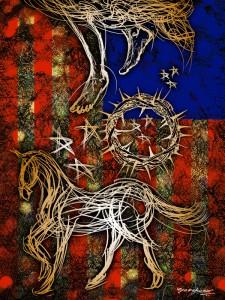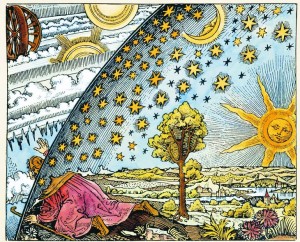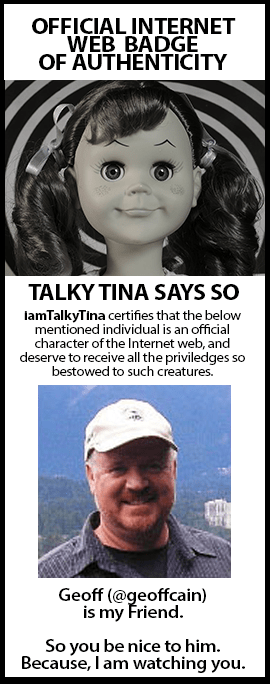…and I am perpetually waiting
for the fleeing lovers on the Grecian Urn
to catch each other up at last
and embrace
and I am awaiting
perpetually and forever awaiting
a renaissance of wonder.
– “I am Waiting” by Lawrence Ferlinghetti
I was thinking about the course development rubric. It covers the usual areas that you would expect: “At the end of this course, students will be able to identify x, apply x in a typical y setting, etc.” All completely measurable to one degree or another. And also used to decide which textbooks or content to use in the course. Recently, I reviewed one of our courses that met all the course objectives and (on the surface) met the objectives of our course rubric. But the class is a complete failure. It is run like a correspondence course and the students get grades but that is pretty much as far as it goes. I began to realize how much course objectives do not cover. They certainly don’t measure the dedication or vocation of the teacher.
And there is no wonder, awe, or transformation measured by our rubrics or course evaluations. It boggles the mind that in a era where scientists spent ten years sending an unmanned satellite to a comet, actually landing on a comet, the formulas that got it there are more important than the aspiration. In the curricula, measureable objectives and transformation are forever separated like the fleeing lovers on Keat’s Greacian Urn referenced in Ferlinghetti’s poem.
Give some ideas about what kind of engagement that COULD be included in a rubric. Why not a Rubric of Wonder? I would like to see a time when WASC or ACCJC comes into a college and says “I am sorry, unless there is some kind of personal transformation in your Astronomy classes, this college is on sanction.”
Shouldn’t the learning that takes place in school change what happens in a student’s life? Education should be a transformative experience. I can’t tell you how many times I meet teachers who are dev ed teachers say “I majored in English but I am teaching developmental ed or remedial literacy.” I have more respect for that than teaching Shakespeare to a classroom of students who don’t care. And they don’t care because the teachers are teaching Shakespeare the way that college professors teach Shakespeare to students that did care. The changes that happen in a person who now knows how to read or fill out a job application are far more profound than a teacher’s satisfaction of being able to teach Shakespeare for herself and maybe a select few students. Most of the literature students do not learn Shakespeare, they learn how to take one of those classes where the teacher is more passionate about the topic but maybe less passionate about teaching.
Sometimes the excuse is that well in Math 100, the students are learning the foundational knowledge that just needs to be memorized. There is nothing cool about it. I remember questioning the reality of some of the numbering systems in my math class – the response I got convinced me that math was not something I should study which is one of the goals of that class: to weed out those students who do not have the “aptitude” to go on to higher math classes.
How do we provide evidence of transformation in a course? How do we measure wonder? Maybe it is enough to decide that there are occasions for the numinous experience. Maybe it is enough that courses take the time to provide the venue for personal transformation or even personal reflection. Evidence might be some impact the learning had on the student. A student should be struck with wonder at the complexities and the marvelousness of the human body, the universe, the creativity of their fellow humans; that might even lead them to quit smoking. Learning should be an encounter that changes the trajectory of their lives.
As an instructional designer or teacher, what would that look like? What kind of assignments can we create that finally join the fleeing lovers of the Appolonian measurable objectives and skills into the arms of the Dionysian transformative experience? Assignments that…
- Connect with something that actually happened in the students life
- That link the basic skill learned to something significant in the field
- Assignments that ask the student to focus on why they are here
- Assignments that as students to play with ideas
- Link what they are doing with the news
- Students create and share new knowledge using basic concepts in a particular field
- ?
There are a number of possibilities. Feel free to comment to add to this list!






One of the math teachers at the university where I work invites her calculus class to her home each semester. She feeds them dinner, plays piano for them, and then has several of her graduate students tell the class how they are using calculus in the field for their research work. She says the change in her calculus students is dramatic, because they now see real world application. Perhaps in an online environment instructors can provide some awe-inspiring examples how how students might later apply their learning.